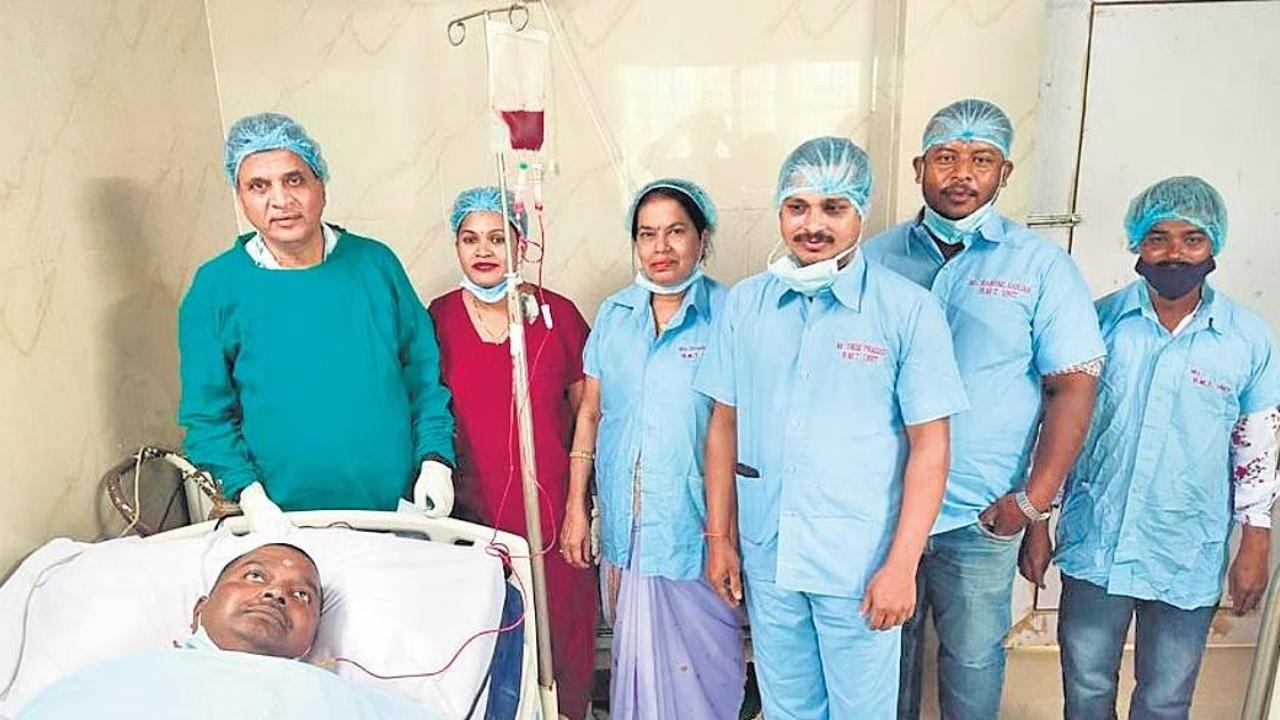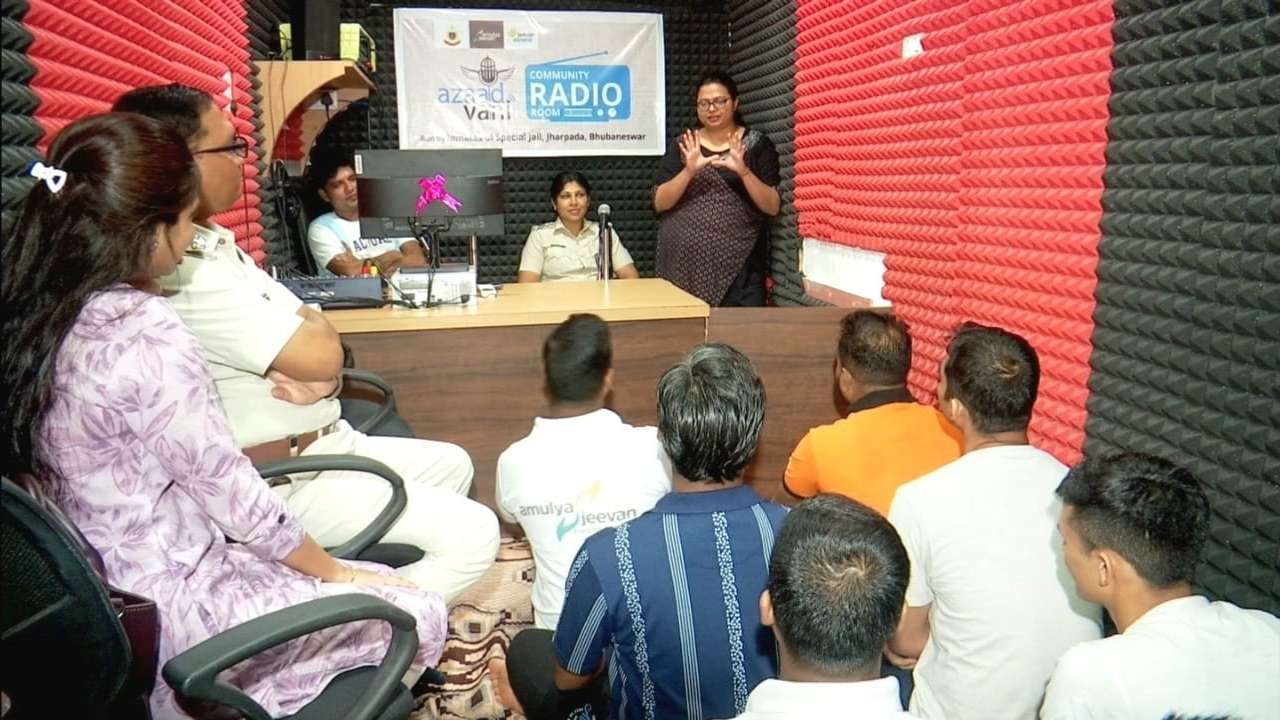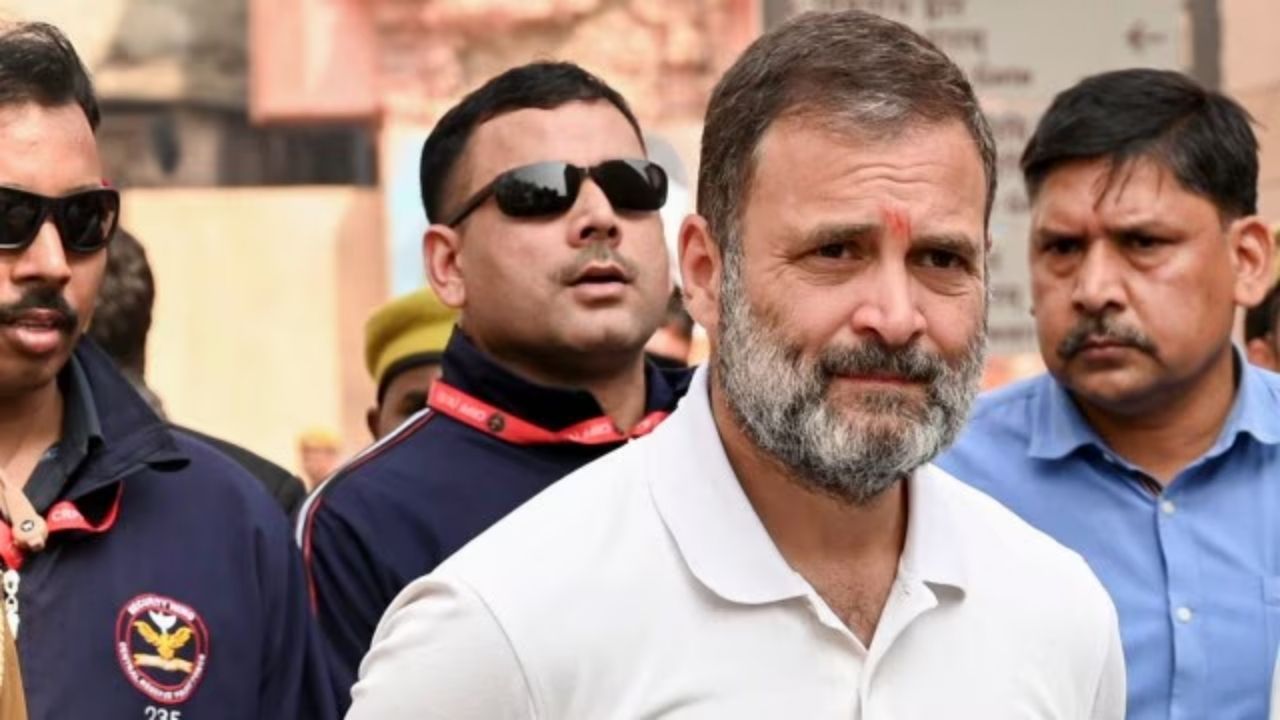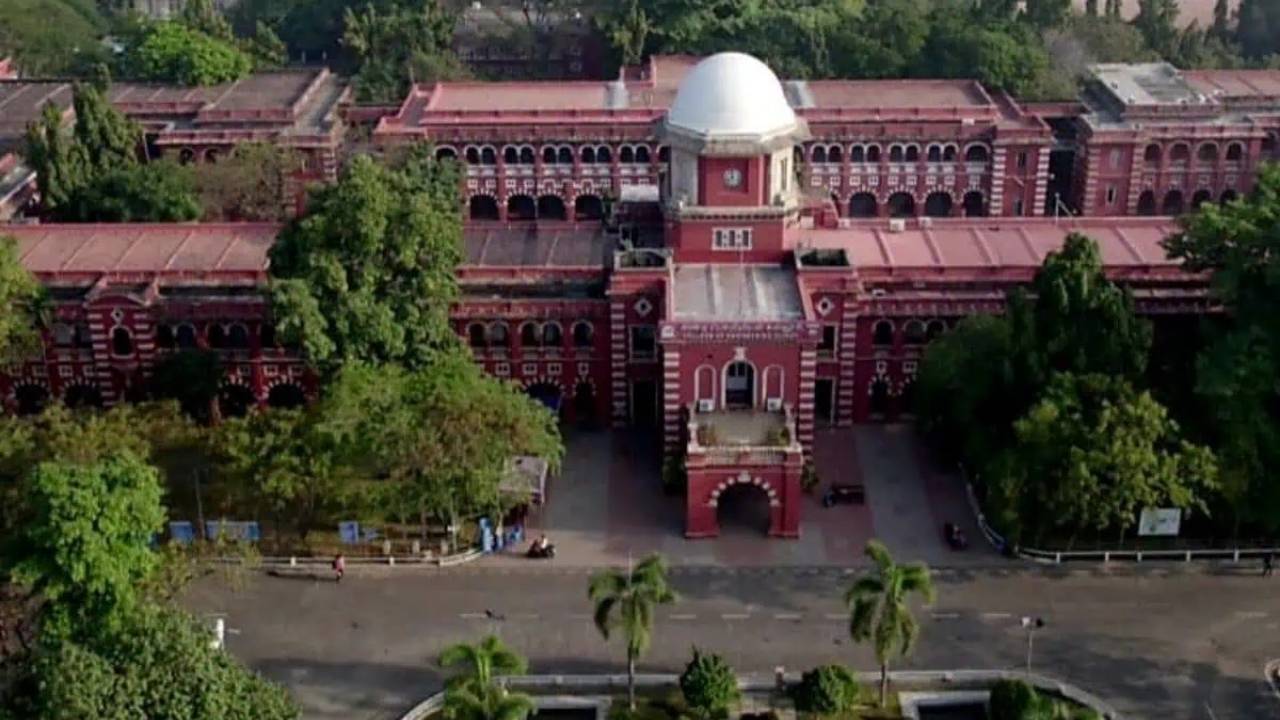SCB Medical College and Hospital (SCBMCH), one of the largest healthcare institutions in Odisha, India, has recently found itself facing a serious challenge regarding its liver transplant services. This issue has grabbed the attention of the Orissa High Court, which is now involved in ensuring that patients’ lives are not put at risk due to this uncertainty. As of April 2025, the hospital’s partnership agreement with the Asian Institute of Gastroenterology (AIG) has ended, leaving the liver transplant program in limbo. This article will explore the key developments surrounding SCB MCH’s liver transplant services, the potential consequences for patients, and how the hospital and legal authorities are addressing the issue.
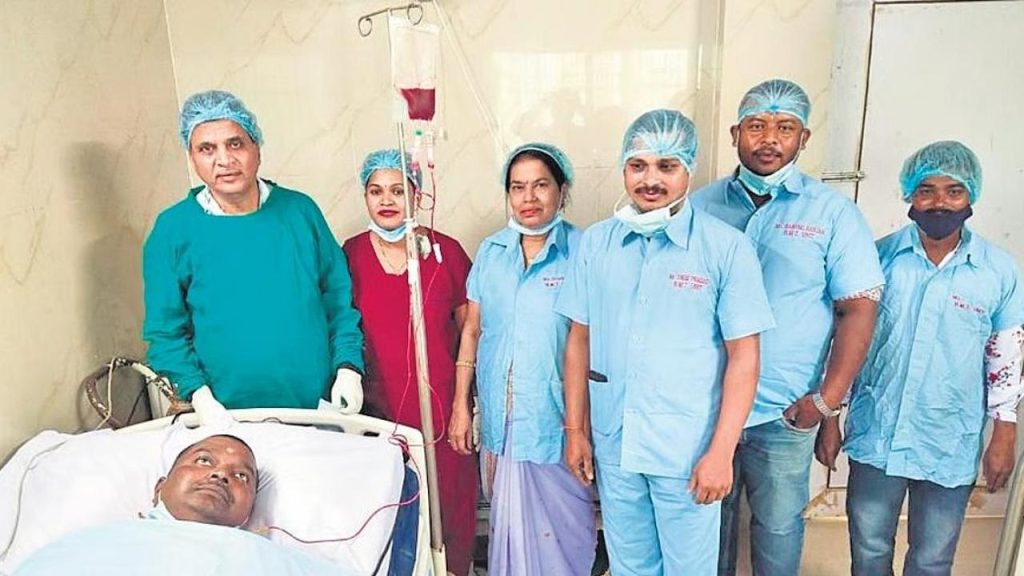
SCB MCH Faces Uncertainty Over Liver Transplant Services
| Topic | Details |
|---|---|
| Hospital Name | SCB Medical College and Hospital (SCBMCH) |
| Location | Cuttack, Odisha, India |
| Issue | Uncertainty over liver transplant services due to expired partnership with AIG |
| Key Date | April 1, 2025 (expiration of MOU with AIG) |
| Response | Orissa High Court involved, hearing scheduled for July 31, 2025 |
| New MoU | Discussions underway with MGM Healthcare in Chennai to resume services |
| Funding for Liver Transplant Program | ₹22 crore (state-funded) |
| Number of Transplants Performed | Only two surgeries conducted (April 3 and September 9, 2024) |
| Court’s Role | Suo motu cognizance taken by the Orissa High Court, urging prompt action |
| Official Source | New Indian Express |
SCB MCH’s liver transplant program is at a crossroads, with the expiration of its partnership agreement leaving patients in uncertainty. While the hospital works to establish new partnerships and develop internal expertise, the urgency of the situation cannot be overstated. As the Orissa High Court continues to monitor the case, the future of the liver transplant program will depend on timely interventions, new collaborations, and a long-term commitment to patient care. For those in need of transplants, it is crucial to stay informed and seek advice from healthcare professionals to explore available options.
The Situation: What’s Happening at SCB MCH?
The liver transplant program at SCB MCH was launched with great promise in 2023, following a significant investment of ₹22 crore from the state government. The goal was clear: to provide free liver transplants to eligible patients in Odisha, a state where such medical treatments were previously out of reach for many due to financial and geographical constraints. However, the program has faced significant hurdles from the very beginning.
Initially, SCB MCH entered into a partnership with the Asian Institute of Gastroenterology (AIG) in Hyderabad. This collaboration ensured that SCB had access to the expertise and infrastructure necessary to conduct liver transplants. Under this agreement, AIG provided specialist doctors, support staff, and advanced medical technology. But after the Memorandum of Understanding (MoU) expired on April 1, 2025, the hospital found itself without a backup plan in place.
As of now, SCB MCH has not performed any liver transplants since the expiration of the MoU, raising concerns among patients who are desperately waiting for life-saving procedures. Moreover, the hospital currently lacks a fully trained in-house transplant team capable of handling such complex surgeries.
How Did We Get Here?
The journey of liver transplant services at SCB MCH has been a rollercoaster of hope, funding, and regulatory challenges. The program was envisioned as a landmark initiative for the state, especially considering Odisha’s historical struggle with providing specialized healthcare services to its population. But the dream hit a snag when the collaboration with AIG came to an abrupt end.
In response to the situation, the Orissa High Court stepped in, taking suo motu cognizance of the matter and directing SCB MCH authorities to clarify the status of the liver transplant program. During a hearing on July 18, 2025, the Superintendent of SCB MCH, Prof. Goutam Satapathy, assured the court that no eligible patient had been denied treatment simply due to the expired MoU. However, the court remains concerned about the ongoing disruption to services.
The next hearing is scheduled for July 31, 2025, and the court has emphasized the urgency of resolving this matter to ensure that patients in need of liver transplants do not suffer any more delays.
The Impact on Patients and Their Families
For patients in need of liver transplants, the uncertainty surrounding SCB MCH’s services is a matter of life and death. Liver failure, often due to chronic liver diseases like cirrhosis, hepatitis, or cancer, requires immediate and specialized treatment. A delay in receiving a transplant can lead to a rapid decline in a patient’s health.
While the hospital has assured that it is working on a solution, the clock is ticking for many individuals on the transplant waiting list. Some may have already been waiting for months, or even years, for their turn. The absence of a fully functioning liver transplant team puts them at risk, leaving them in a state of uncertainty and fear.
Why is This Important?
This situation highlights the deep challenges that public healthcare systems face when providing complex medical services like organ transplants. While the state of Odisha has made significant strides in improving healthcare access, the sustainability of specialized services requires a strong foundation. This includes not only infrastructure but also a team of trained professionals who can carry out procedures with precision and care.
The involvement of the Orissa High Court underscores the gravity of the situation. The court’s oversight ensures that the rights of patients are protected and that the hospital fulfills its commitment to the public. This case could also serve as a wake-up call for other state-run hospitals across India, highlighting the importance of long-term planning, partnerships, and the development of internal expertise.
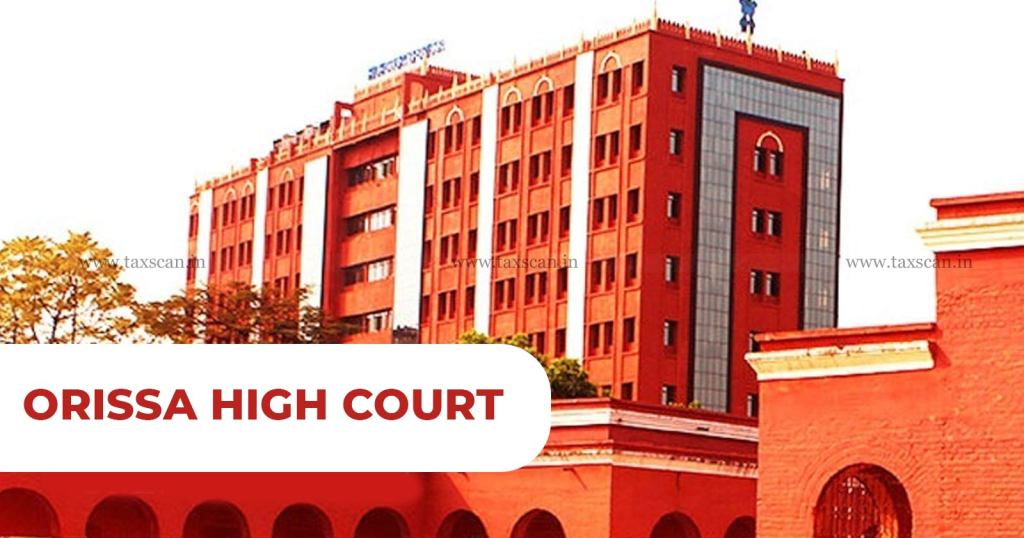
What’s Next for SCB MCH?
SCB MCH is actively seeking to resolve this issue by establishing a new partnership with MGM Healthcare in Chennai. This move is critical, as it would bring in the necessary expertise and support to restart liver transplant surgeries. The hospital is also working on building its own in-house team to handle future surgeries without relying on external collaborations.
However, setting up a transplant program is no easy task. It requires careful coordination between medical professionals, government agencies, and specialized institutions. Training a competent team and acquiring the right equipment can take months, if not years. This means that while SCB MCH works on a solution, patients may have to look for alternatives, such as seeking treatment at other private hospitals or traveling to other states for a liver transplant.
Guide to Understanding the Liver Transplant Process
If you or a loved one is considering a liver transplant, understanding the process can provide some clarity. Here’s a breakdown of the key steps involved:
- Initial Evaluation: The first step is a thorough medical evaluation by a specialist. This includes a physical exam, lab tests, imaging (like ultrasounds or CT scans), and assessments of your liver function.
- Waiting List: If you’re deemed a candidate for a transplant, you’ll be placed on a waiting list. Your place on the list depends on various factors, including your medical condition and urgency of need.
- Organ Matching: Once a donor liver becomes available, it’s matched with patients on the waiting list based on compatibility, medical urgency, and location.
- Surgery: The transplant surgery itself typically lasts several hours. Surgeons remove the damaged liver and replace it with the healthy donor liver.
- Recovery and Follow-Up: Post-surgery, patients need to take immunosuppressive medications to prevent rejection of the new liver. Regular follow-up visits are crucial to monitor recovery and ensure the liver is functioning properly.
While the process may sound daunting, advances in medical science and technology have made liver transplants safer and more effective. If you’re in need of this treatment, working closely with your healthcare provider can help you navigate each step with confidence.
OMFED-NDDB Agreement to Benefit 15 Lakh Dairy Farmers in Odisha: CM Mohan Charan Majhi
Ravenshaw University Reverses Decision on Women’s Campus Access After 5:30 PM
Odisha Crime Branch Interrogates Person Who Tried to Prevent Self-Immolator’s Death
FAQs
1. What happens if SCB MCH does not resume liver transplant surgeries?
If SCB MCH does not resume liver transplant surgeries, patients may have to seek treatment at other hospitals in different states. The availability of services in other public hospitals may be limited, and private healthcare options could be financially out of reach for many.
2. How long does the liver transplant waiting list typically last?
The waiting time for a liver transplant can vary greatly depending on factors like your medical urgency, blood type, and the availability of donor organs. In some cases, it may take months or even years.
3. Can liver transplant surgeries be done at other hospitals in Odisha?
Currently, SCB MCH is the primary public hospital in Odisha offering liver transplants. Patients may need to travel to other states like Tamil Nadu or Maharashtra for liver transplant surgeries at private or specialized public hospitals.
4. How are liver transplant programs funded in India?
Liver transplant programs in India are often funded through a mix of government funding, private partnerships, and donations. In the case of SCB MCH, the state government allocated ₹22 crore for the program, though this has not been enough to sustain it without ongoing partnerships and infrastructure development.

